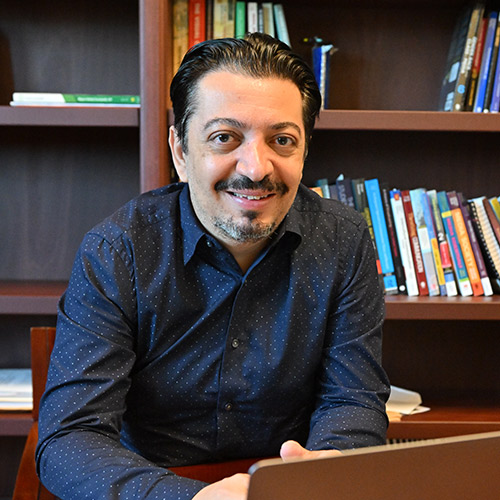
Professor Atay publishes new book about generational media and culture
Ahmet Atay, professor of communication studies and program chair of global media & digital studies at The College of Wooster, recently published Millennials and […]
Storytelling is at the heart of human experience. In the Digital & Visual Storytelling Pathway, students will explore the powerful role that digital and visual media play in helping to tell stories and learn to use various tools to that end. Students will cultivate skills of digital and visual storytelling, examine theories and methods of creative and ethical digital storytelling, and explore career opportunities in digital and visual media.
Students in this Pathway will gain experience using digital tools and visual production methods while exploring different elements of digital and visual culture. Through thoughtful combination of coursework, experiential learning, and reflection, students will learn to be critical producers of visual and digital texts and understand theories and methodologies of media processes and contexts.
Students who choose this Pathway will develop knowledge and skills in these areas:
Students on this Pathway might go into journalism, business, research, or the arts. They might become data analysts, web designers, writers, or reporters (for television, internet, or print media), and more. This Pathway is adaptable to a wide range of student interests and aspirations and is designed to help you gain confidence and feel empowered in your storytelling abilities.
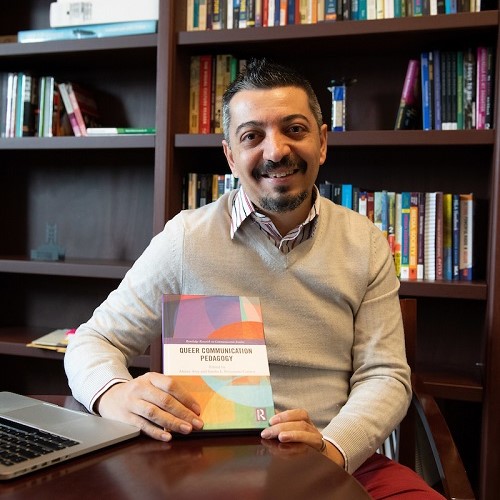
Professor of Communication Studies; Program Chair of Global Media & Digital Studies; Liaison to Digital Visual Storytelling Pathway
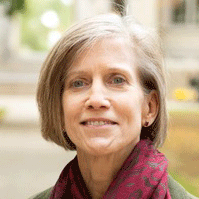
Virginia Myers Professor of English; Global Media & Digital Studies; Digital and Visual Storytelling Pathway (on leave Spring 2024).
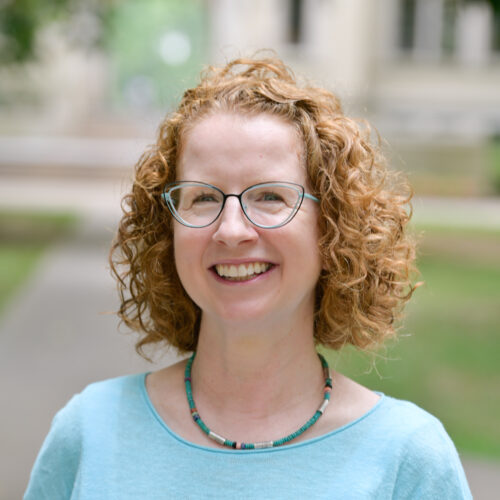
Aileen Dunham Professorship in History; Latin American Studies Department Chair; Global and International Studies; Co-Liaison to Digital and Visual Storytelling Pathway
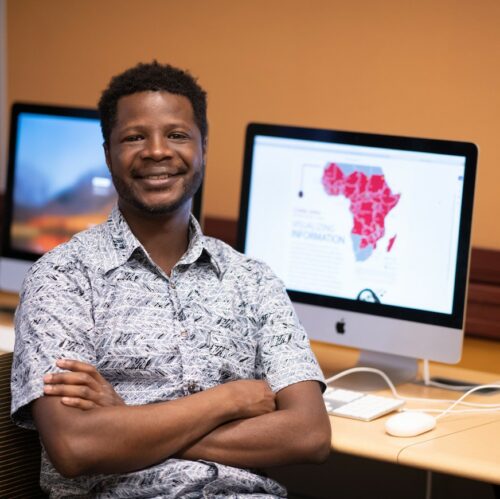
Assistant Professor Global Media & Digital Studies; Communication Studies

Henry J. and Laura H. Copeland Professor of European History; Global Media & Digital Studies; (On leave for AY 2023-24)
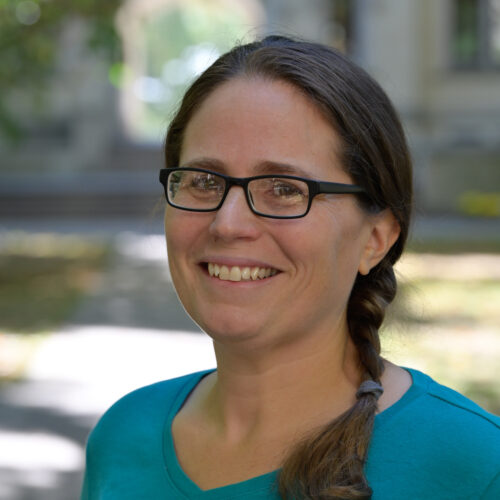
Pathways Program Coordinator, Global Engagement Office Administrative Coordinator

Ahmet Atay, professor of communication studies and program chair of global media & digital studies at The College of Wooster, recently published Millennials and […]
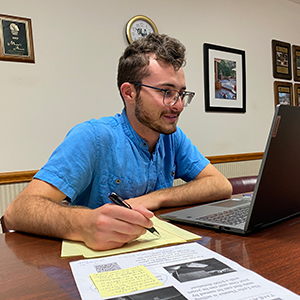
Tyler Rak ’24 spent his summer working as an intern for Lyric Theater of Wooster researching small theater operations, managing social media accounts, and […]

Hamed Goharipour, assistant professor of urban studies at The College of Wooster, recently published an essay on “Tehran in Iranian Post-Revolutionary Films” in the […]
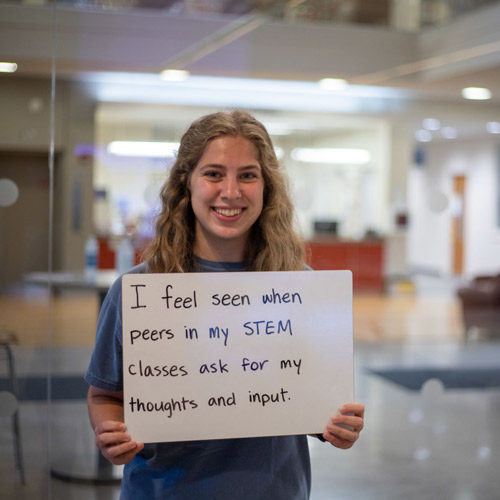
Michael Miyawaki, assistant professor of sociology at The College of Wooster, is leading a Microaggressions and Microaffirmations (M&M) Project on campus to raise awareness […]
To learn for about the requirement please follow the Link